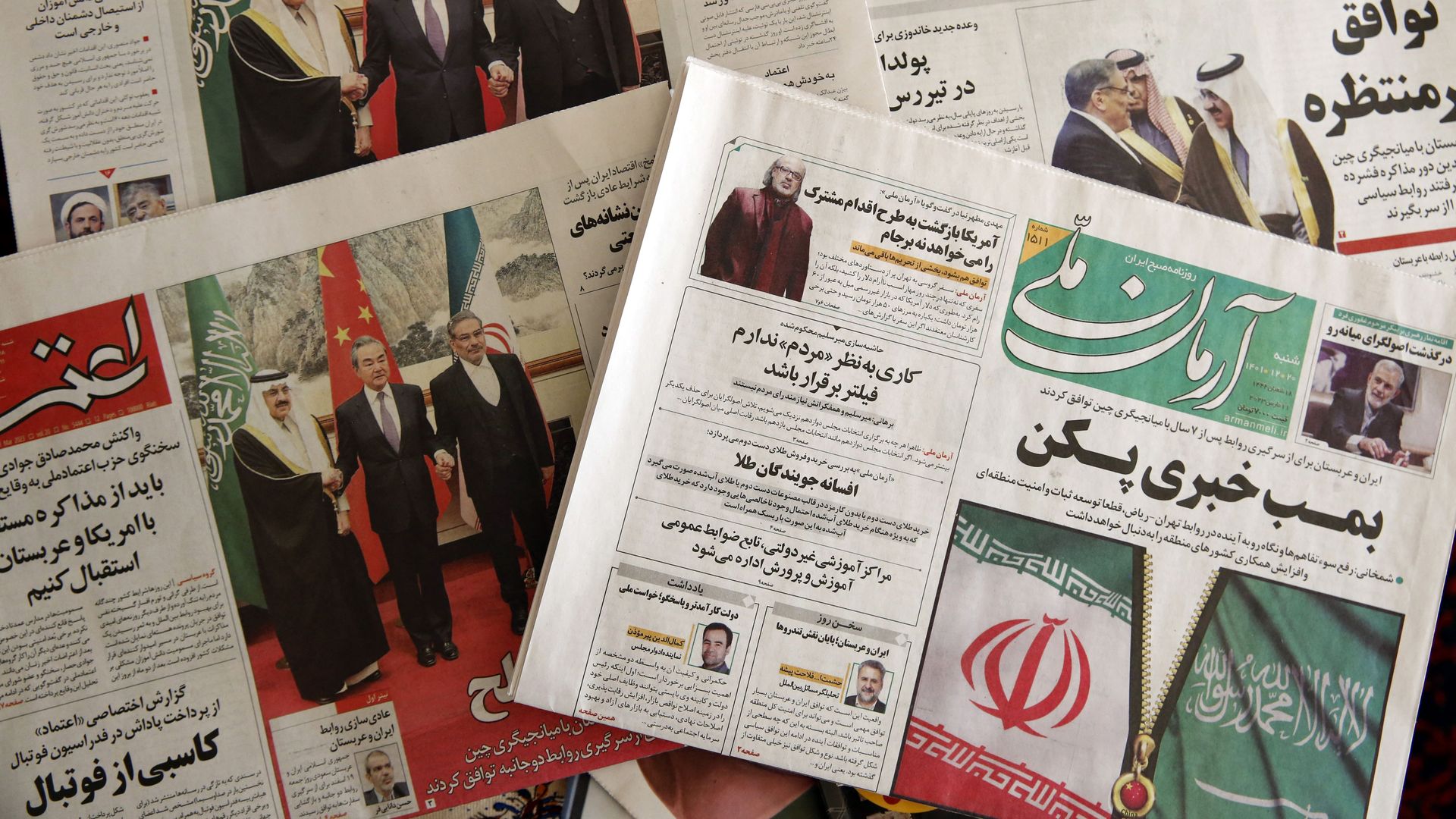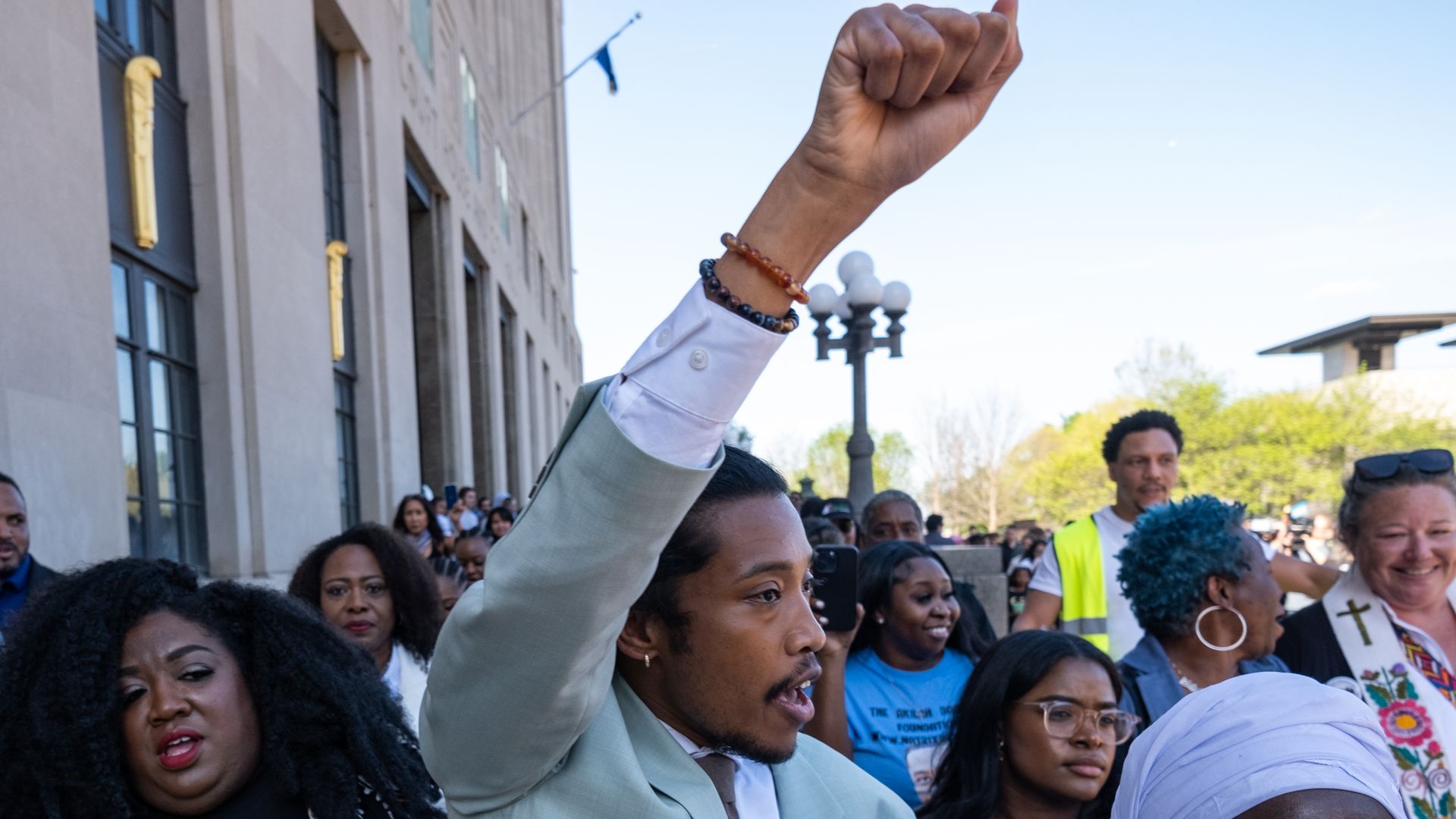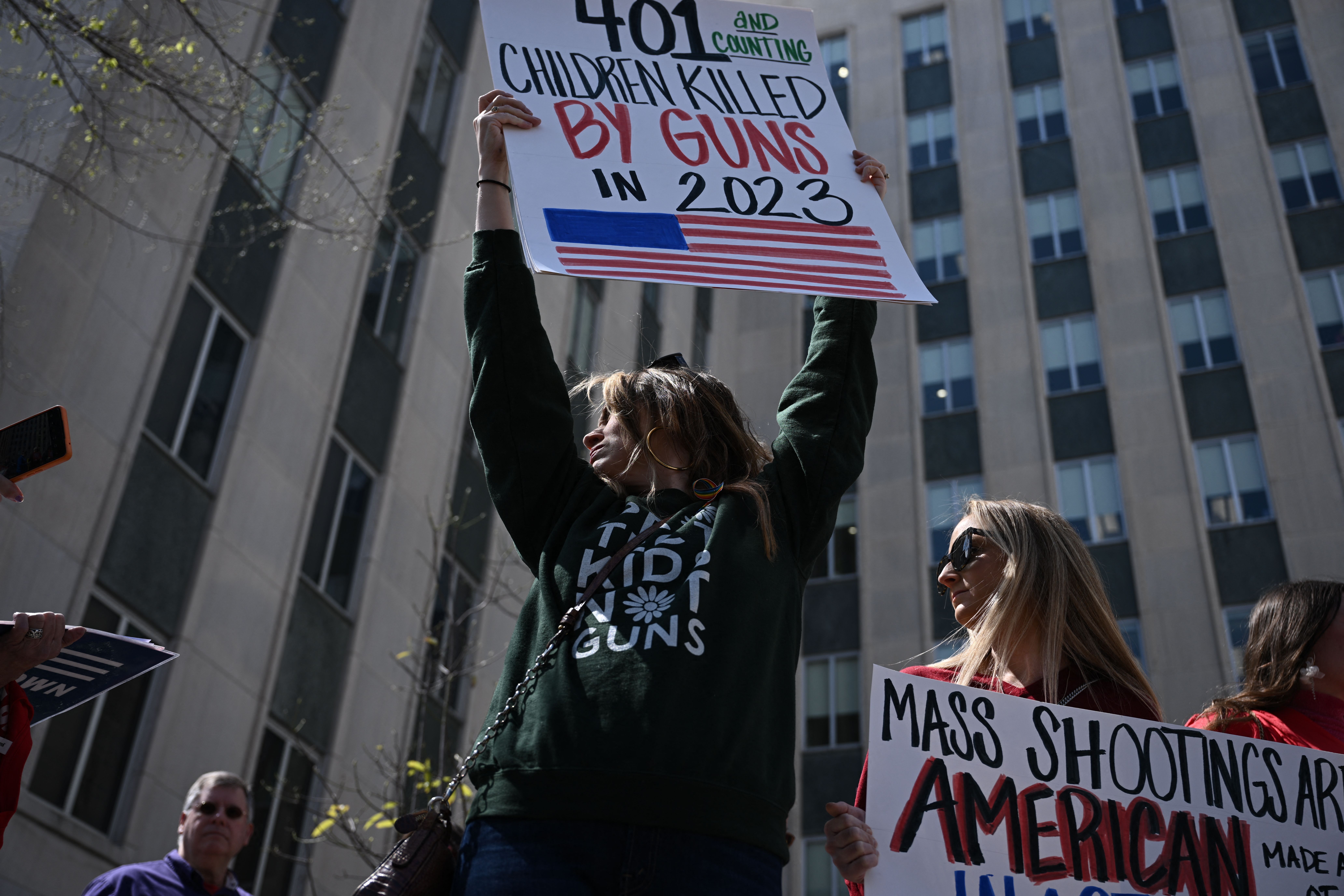
The Israeli government sees the recent agreement between Saudi Arabia and Iran not as a threat, but as an opportunity for Israel’s efforts to normalize relations with the Saudi kingdom, a senior Israeli diplomatic official directly involved in the efforts told Axios.
Why it matters: Netanyahu said in his inauguration speech three months ago that his main foreign policy objective is to broaden the Abraham Accords and reach a peace agreement with Saudi Arabia.
Driving the news: The senior diplomatic official said the war in Yemen has been a major “irritant” in U.S.-Saudi relations in recent years, hampering efforts for Israel-Saudi normalization steps.
- If the Saudi-Iran agreement leads to the end of the war, “this irritant will go away and relations between Saudi Arabia and the U.S. will improve,” the official said. “The more relations between the U.S. and Saudi Arabia improve, the easier it will be to work on promoting normalization between Saudi Arabia and Israel.”
Behind the scenes: The Israeli Foreign Ministry’s Center for Political Research last week issued a classified report analyzing the Saudi-Iranian deal, a Foreign Ministry official who read the report said.
- The report concludes that the Saudi-Iran agreement will not block the normalization process between Gulf countries and Israel, the Foreign Ministry official told me.
- “The experience of the last two years proves that a dialogue between the Gulf countries and Iran doesn’t mean suspending the contacts with Israel,” the official quoted the report as saying.
- The Israeli Foreign Ministry declined to comment.
The big picture: The White House also doesn’t think the Saudi-Iran deal will hamper the Biden administration’s efforts to push for normalization between Saudi Arabia and Israel nor will it lead countries that have signed on to the Abraham Accords, like the United Arab Emirates and Bahrain, to cool their relations with Israel, as Axios previously reported.
- “We completely reject the idea that Saudi Arabia reopening an embassy in Tehran will somehow frustrate the process of Israel-Saudi normalization,” the U.S. official said.
Yes, but: The efforts to push for normalization between Israel and Saudi Arabia appear to be facing significant hurdles from other directions, including the ongoing escalation of tensions in the occupied West Bank and the policies of Israel’s right-wing government.
- The Saudi Foreign Ministry has issued at least five condemnation statements against Israel since the new Israeli government was sworn in less than three months ago.
- The Saudis have escalated their rhetoric and public criticism against the Israeli government and started to again refer to it as “the occupation government.”
A
Axios o
Jordan condemns far-right Israeli minister over “Greater Israel” map

Jordan accused far-right Israeli Finance Minister Bezalel Smotrich of violating the peace agreement between the two countries after he gave a speech in Paris at a podium featuring a map that included Jordan and the occupied West Bank as part of Israel and said the Palestinian people were “an invention.”
Why it matters: Smotrich’s speech increased tensions at a time when the Biden administration, Jordan and Egypt are trying to de-escalate the violence between Israelis and Palestinians in the occupied West Bank ahead of the historically sensitive period of the holy month of Ramadan and Passover.
What’s next for the Tennessee House lawmakers who were expelled

An effort is underway to restore two Black Democratic lawmakers who were expelled from the Tennessee legislature in a GOP-led vote last week.
Why it matters: The expulsions over a gun reform protest have attracted national attention — from the White House to civil rights groups — as the country continues to grapple with an unending stream of mass shootings.
Many mass shooters acquire guns legally

The suspected shooters in separate mass shootings in Nashville, Tennessee, and Louisville, Kentucky, both bought guns used in the attacks legally.
The big picture: From 1966 to 2019, 77% of mass shooters purchased at least some of the weapons used in the shootings legally, per data compiled by the National Institute of Justice, a research agency of the Department of Justice.
Axios on l
A


